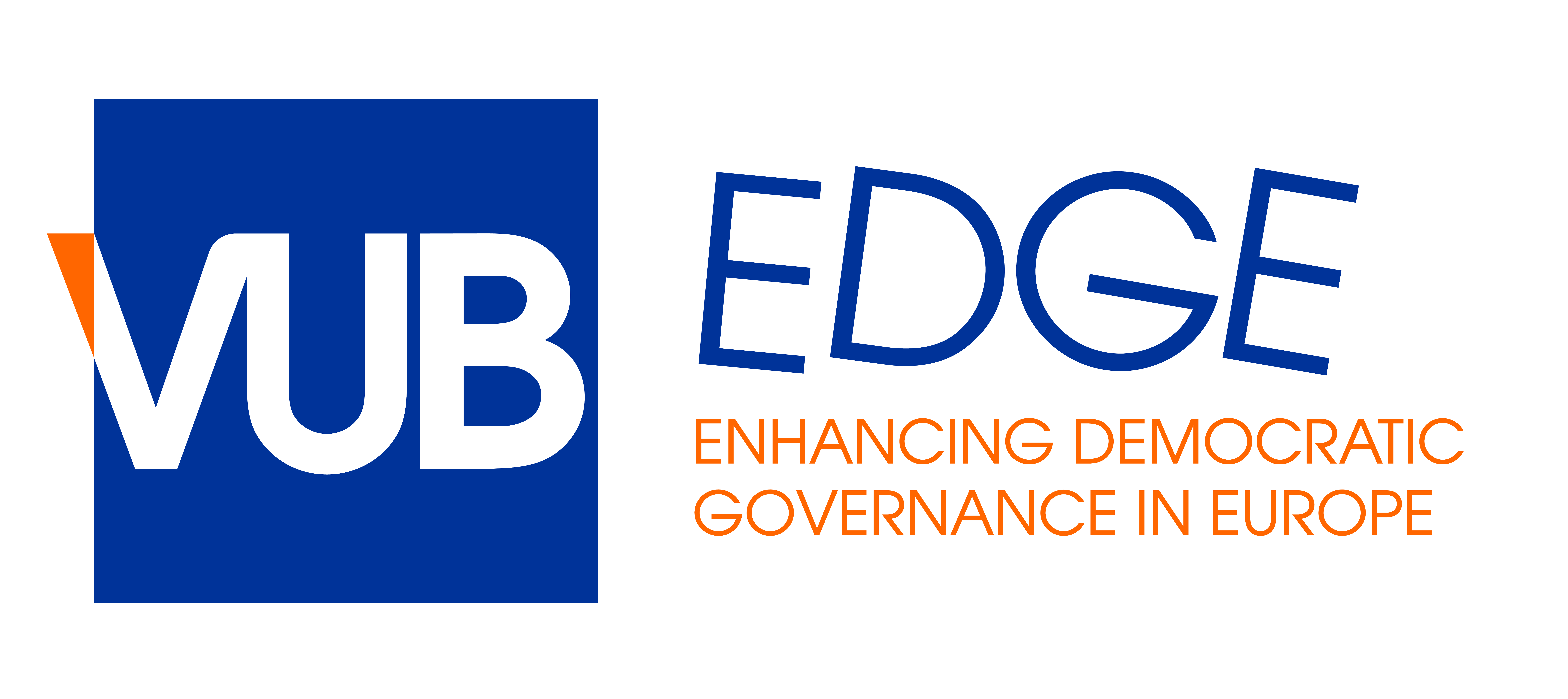The EDGE Blog provides a virtual forum to discuss and dig into the takeaways of the EDGE Events, Seminars and Activities. It also opens a space to reflect, analyse and debate upon contemporary challenges to democratic governance linked to the main three EDGE research streams: Time & Sustainability, Gender & Diversity, and Contestation.
If you would like to send a contribution, please contact us at edge@vub.be
Post

Belgian youth parliaments: saviors of the crisis of (liberal) democracy?
Since the 1990s scholars have warned for the crisis of (liberal) democracy. Studies signal a growing indifference towards formal politics, lowers levels of electoral participation, and reduced support for political institutions, especially among the young. However, there is hope.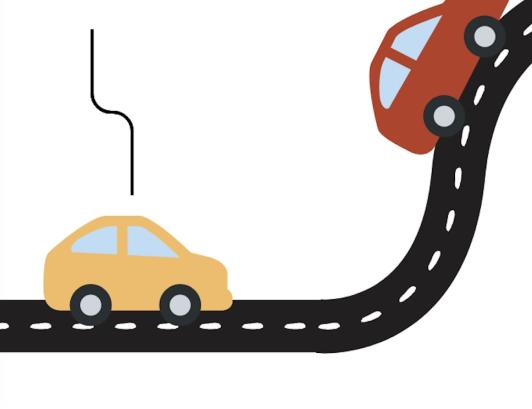
A bumpy road: the EU’s slow progress in decarbonizing the car sector
In a last-minute intervention, Germany blocked the agreed ban on internal combustion engine (ICE) vehicles by 2035. This block risks derailing the decarbonization of one of the EU’s most polluting sectors, and is emblematic of the EU’s challenging history of trying to decarbonize the car sector.
Why polarisation hurts some democracies more
All over the world, democracies are affected by polarisation. Nevertheless, remarkable differences between countries exist. Scandinavian countries, for example, do much better than France, the UK, or the US.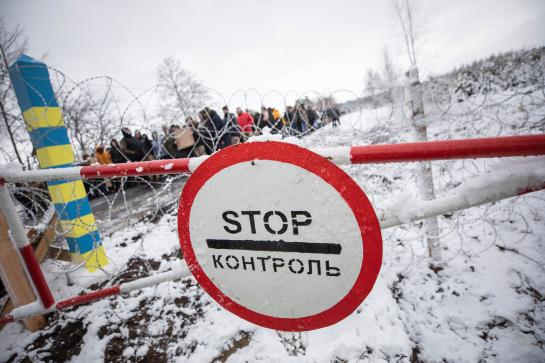
Why the Ukrainian crisis will not lead to asylum reforms in the European Union
In the corridors of the European Parliament, voices whisper of change. Some are ecstatic. Some are concerned. Most are doubtful.
Bodies and fields : Ukraine and the continuing story of war rapes
The most recent headlines about the conflict in Ukraine have marked eyes and hearts alike.
Anti-Gypsyism: When a ‘Specific’ Form of Racism Is Considered ‘Reasonable’
Anti-Gypsyism is a complex phenomenon that exists all around the world. It concerns the historically rooted anti-Roma sentiment that translates into violent acts of discrimination against Roma people and their marginalization.
The interparliamentary oversight of EU agencies and laws: how to do it better
The EU’s legislative process and operational activities have a strong and ever growing impact on the lives of European citizens and residents.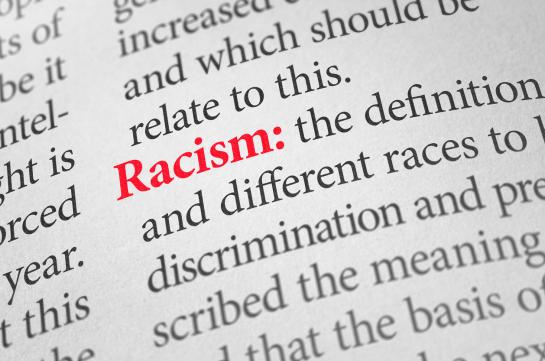
Anti-Racism without race: why Europe needs to define what race and racism are
Before there is a discussion on racism it is essential to understand that there is no racism without race.
It’s a man’s world
On paper, the equality between women’s and men’s political citizenship is guaranteed in Belgium. In practice however, I argue, this equality is not always lived up to.
Resilient Institutions: The Impact of Rule Change on Policy Outputs in European Union Decision-Making Processes
In this blogpost, we want to reopen the theoretical and empirical discussions about inter-institutional power dynamics in EU decision-making by looking at an underexploited angle of research, namely the impact of rule change on policy outputs.
Do good fences make good neighbors? Voting across the divide in linguistically divided Brussels
In a deeply divided society, one would expect people to vote exclusively for politicians from their own ethnic or linguistic groups. But as it turns out, nothing could be further from the truth.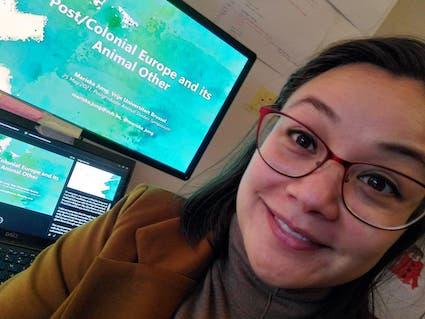
Transitioning from online to in-person academic conferences: which pandemic-induced experiences should we keep?
The pandemic has changed the format of academic conferences for the better: moving from on-site to online. With the hope of keeping what worked well during the pandemic, I reflect on my recent conference experiences.
Everyday sexism and racism in the ivory tower
I analysed the experiences of female early career researchers on the intersection of gender and ethnicity in their academic workplace. Here is a summary of the main research findings, involving five Belgian public universities.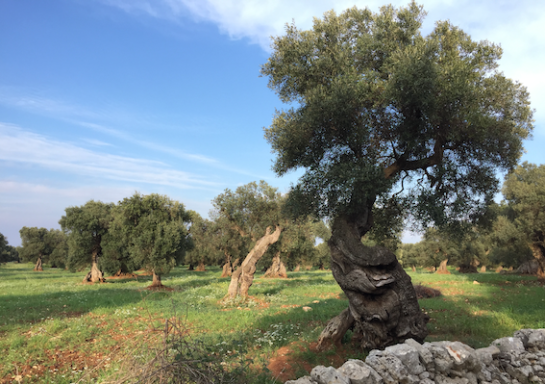
The politics of ecological doom: on thriving in the ruins
The present moment is heavy with foreboding. Reading this probably made you think of several different things at once: the pandemic, climate change, biodiversity loss, pollution.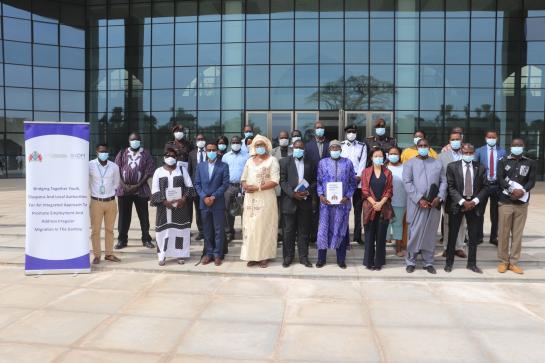
Doing research on migration governance in post-dictatorship Gambia: reflections on my fieldwork
My fieldwork experience in The Gambia was a uniquely enriching experience and an opportunity to further learn and develop practical fieldwork skills.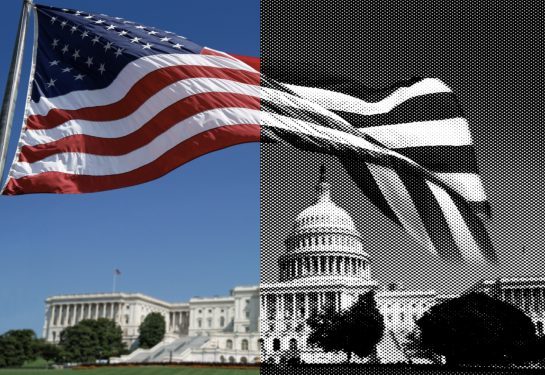
Better late than never? A call for civil discourse in response to the riots at Capitol Hill
As I process the whirlwind of reactions following the riots at Capitol Hill last week, I would like to share my thoughts on three complex topics: President Trump’s divisive speech, the dismissal of media as fake news, the role of social media.
Writing a successful academic blog post: why and how you should do it!
In this post, I am going to share some resources and tips to write academic blog posts that I wished I had known about when I first started blogging.
Online platforms as definers and judges of freedom of expression. How platforms are responding to the ‘disinfodemic’
We argue that through their content moderation practices, internet communication companies are acting as definers, judges and enforcers of freedom of expression on their services.
Power to the Connected? Exploring EU Member States’ Bargaining Success in Shaping Digital Policies
This blogpost offers a refined understanding of member states’ ability to successfully influence the outcome of digital policies in the Council of the EU by disentangling the role of coalitions and individual negotiators’ capacities...
Between obedience and indignation: The affects of the corona-crisis
This blog post looks at the current crisis from the perspective of political affect. In particular, it attempts to situate the current affects of obedience against a broader background of contestation and the significantly “louder” affect of indignation.
